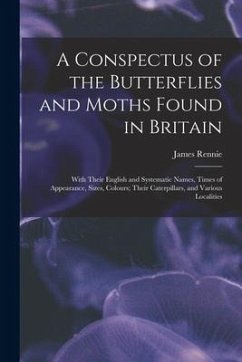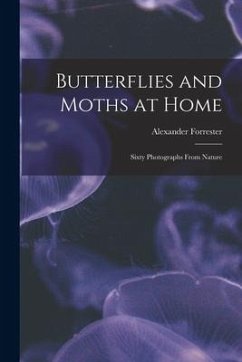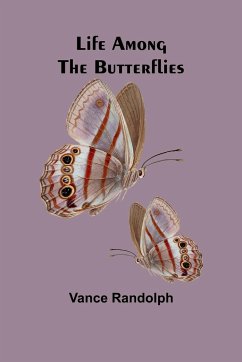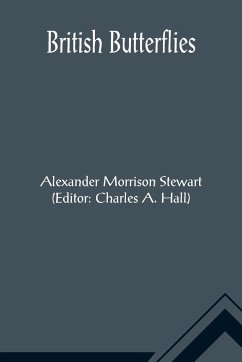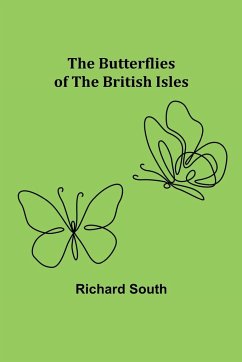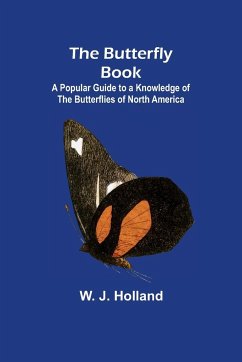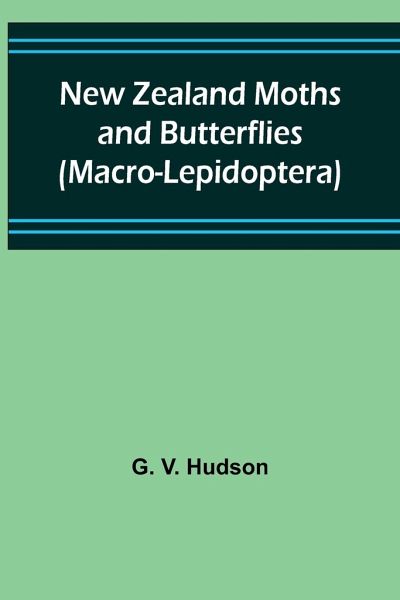
New Zealand Moths and Butterflies (Macro-Lepidoptera)
Versandkostenfrei!
Versandfertig in 1-2 Wochen
22,99 €
inkl. MwSt.
Weitere Ausgaben:

PAYBACK Punkte
11 °P sammeln!
New Zealand Moths and Butterflies (Macro-Lepidoptera), has been regarded as significant work throughout human history, and in order to ensure that this work is never lost, we have taken steps to ensure its preservation by republishing this book in a contemporary format for both current and future generations. This entire book has been retyped, redesigned, and reformatted. Since these books are not made from scanned copies, the text is readable and clear.





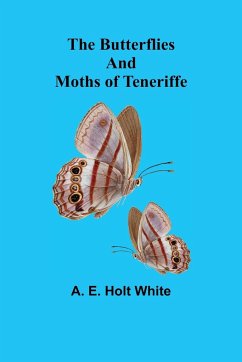
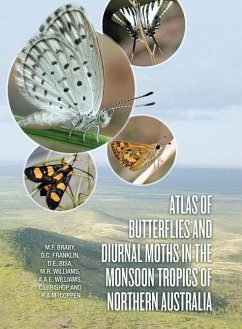
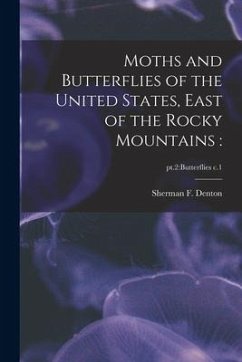
![Butterflies and Moths of North America [microform]: With Full Instructions for Collecting, Breeding, Preparing, Classifying, Packing for Shipment, Etc Cover Butterflies and Moths of North America [microform]: With Full Instructions for Collecting, Breeding, Preparing, Classifying, Packing for Shipment, Etc](https://bilder.buecher.de/produkte/65/65632/65632244n.jpg)
